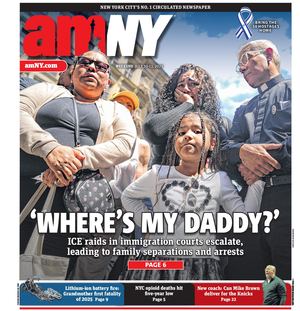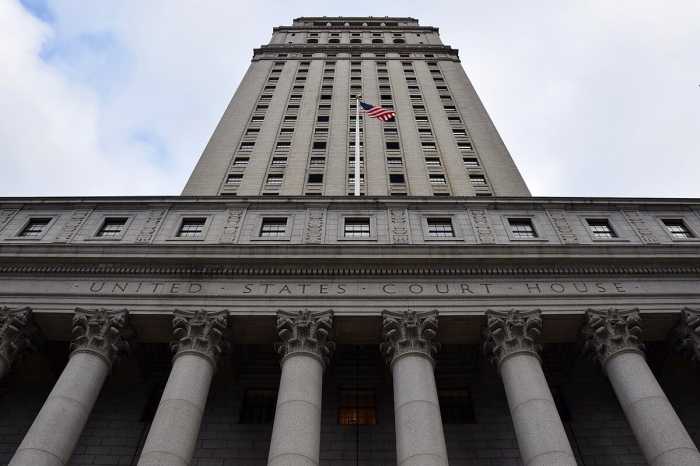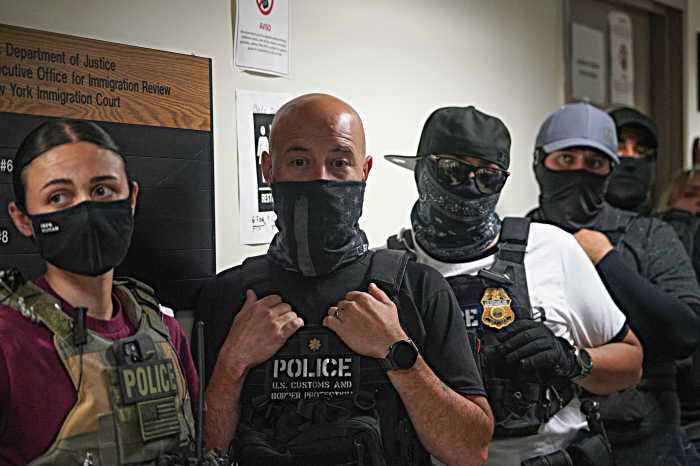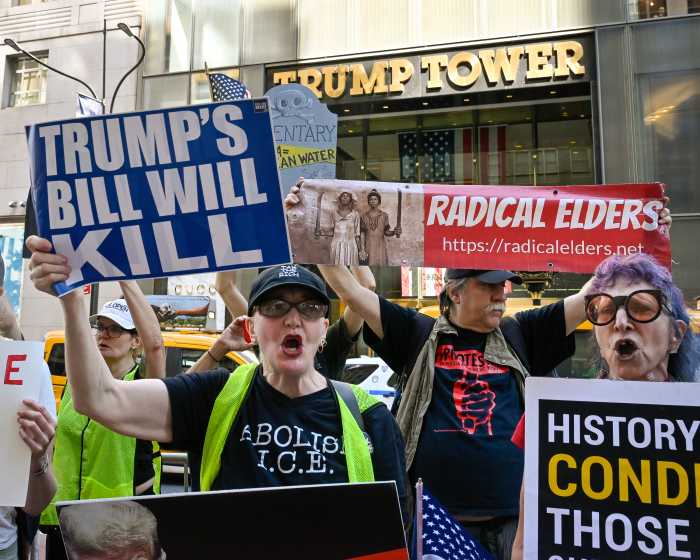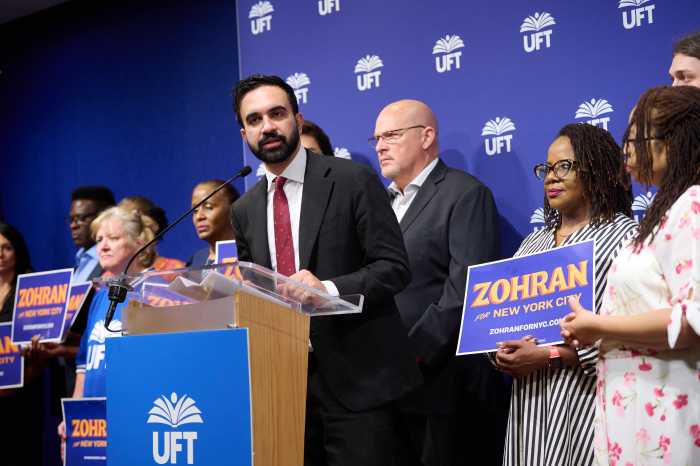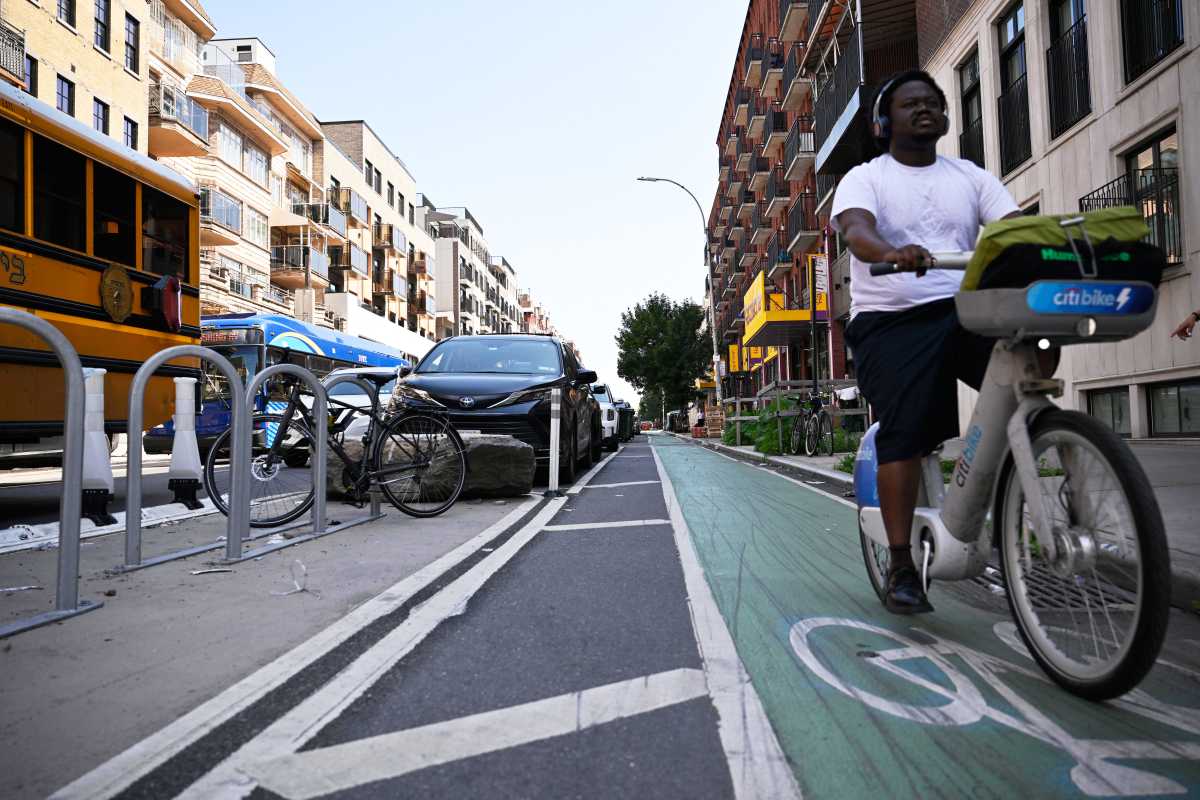More than 140 grandparents sent Mayor Eric Adams a group letter on Monday calling on him to restore city funding to once-thriving NYC child care programs that now face an uncertain future.
Adams is proposing $170 million in additional city funding cuts to publicly-funded universal 3K and pre-K programs — a hot-button issue amid ongoing budget talk that has been a point of contention between parents, the city and the mayor all year.
Rebecca Bailin, executive director of New Yorkers United for Child Care, said the group of grannies and grandpas sent the letter to the mayor because, as strong advocates for the restoration of public child-care funding, many of them have had to “bear the burden” of a problem that they say the city can address.
“We’re hoping what this letter will do is demonstrate to the speaker and the city council how many people are really pushing for this and who’s pushing for this,” Bailin said.
The letter, signed by 143 grandmas and grandpas from Manhattan, Queens, Bronx and Brooklyn, as well as areas around the five boroughs, reads: “Many of us serve as the primary child-care option for our grandchildren before they are able to enter 3-K and pre-K, and we often fill in gaps in care beyond typical daycare hours or during the summer. While we cherish our role and understand the importance of supporting our adult children’s careers, the current system disproportionately burdens older generations who may be on fixed incomes, dealing with health issues, or juggling their own responsibilities.”
Bailin said the grandparents have not yet received a response from the mayor. However, she, along with families and City Council members, are set to hold a June 26 rally outside Tweed Courthouse in Lower Manhattan, the Department of Education’s (DOE) headquarters, in protest of the cuts.
Families left out
According to Bailin, more than 2,500 families did not receive 3-K seats for this coming September. More than 700 children are waiting for seats in their legally mandated preschool special education classes.
Kathy Ivans, a Brooklyn resident and grandmother of a 3-year-old, said there are many educational benefits to enrolling children in programs such as universal 3K.
“My grandson just completed 3-K where he learned to write his name, began to speak Spanish, and became part of a community. He had a great experience,” she said.
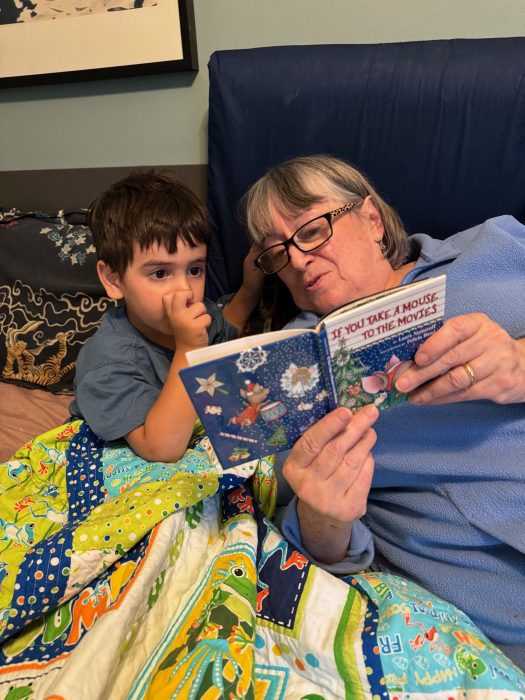
She added that the program allowed her daughter relief from often-extreme child-care costs.
“3-K meant that my daughter didn’t have to pull together child-care costs and could save for her first home. And I had to share less of the child-care duties during the work day so after 40 years working in schools, my husband and I could travel and enjoy our retirement,” Ivans added. “This is a critical program for all children in New York and the idea that the Mayor would back down on the City’s commitment to universal 3-K and PreK is just devastating. I want every child to benefit from this program as my grandson has.”
An independent budget analysis in February showed that Adams made budget cuts to pre-K and 3-K programs totaling almost $400 million since he took office in 2022.
But, according to a City Hall spokesperson, under the Adams Administration, the early childhood system is “serving more young New Yorkers than ever before,” including recent investments of more than $640 million for educational programs and school budgets.
“Thanks to our efforts, the overwhelming majority of children are getting into the early childhood programs their parents wanted them in,” the spokesperson said. “Already this year, despite the fact that the number of applicants more than tripled in the last five years, 94% of families have received an offer compared to just 67% in 2019. Additionally, when our administration took office, a family earning $55,000 a year was paying $55 for full-time, subsidized child care per week, but thanks to commonsense strategies to expand access to child care for working families, that same family is now paying under $5 per week — more than 10 times less.”
Chyann Tull, a spokesperson for the DOE, cited the department’s 2022 preschool enhancement contract that expanded available seats.
“We announced the first-ever preschool contract enhancement 2022, where we committed to 800 seats and delivered 912, we expanded access and increased pay for this critical sector at a time when it was suffering due to underinvestment and difficulty hiring staff, and we made a significant investment in meeting the demand at the time, which is a big step forward for children and their families.”
Tull added that federal stimulus funding for the preschool contract enhancement is baselined moving forward and an additional $25 million was provided to expand preschool special education classrooms across district schools this coming school year.
Read More: https://www.amny.com/politics/
